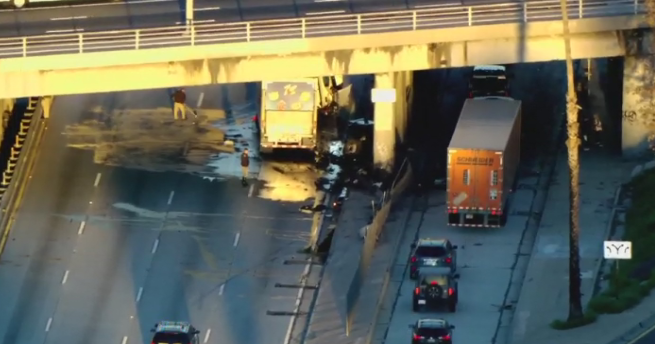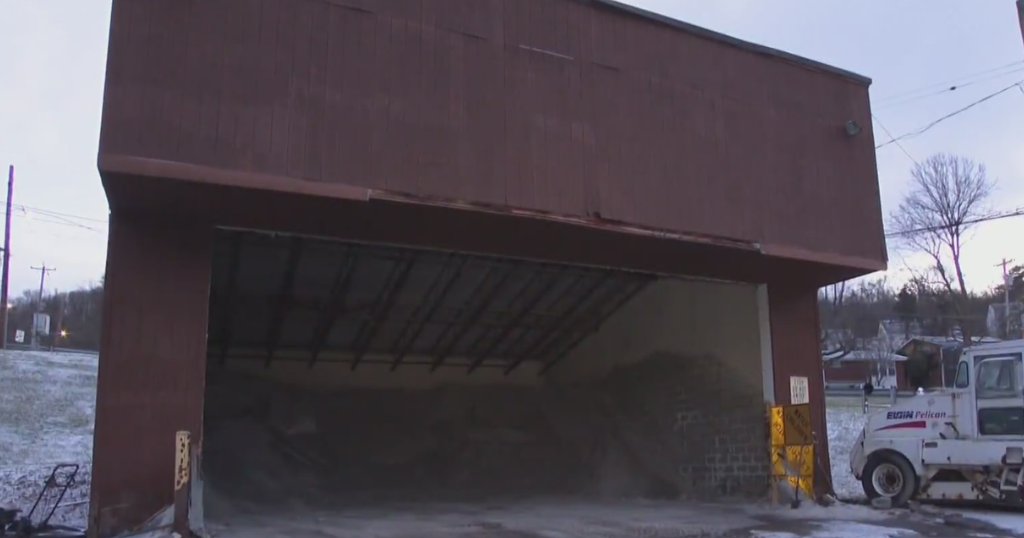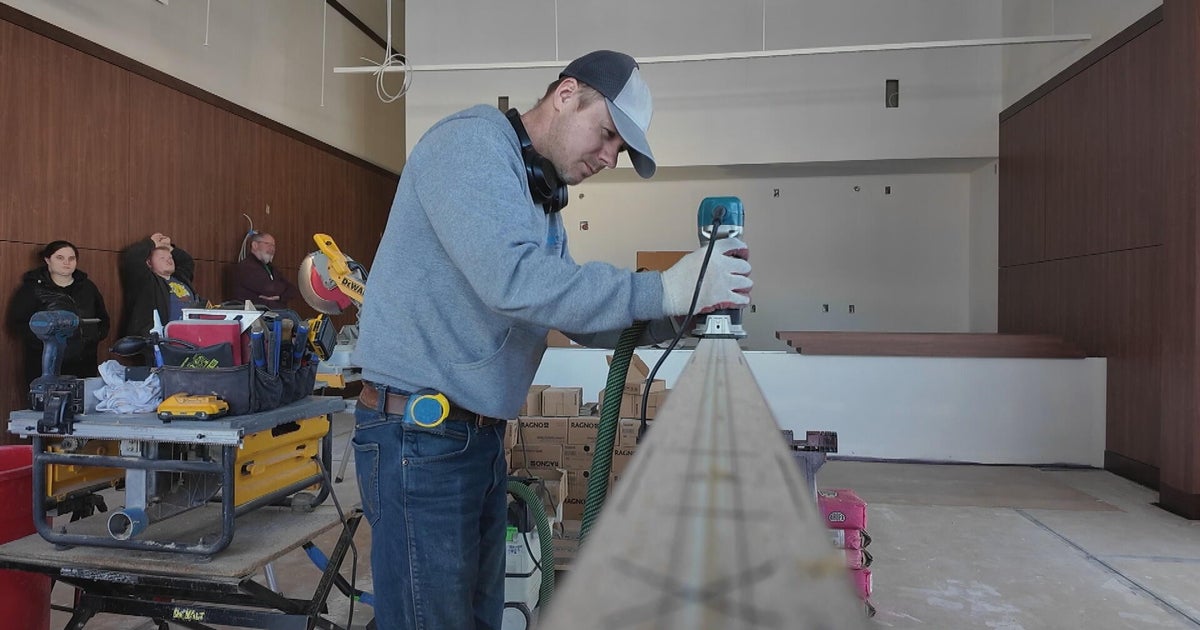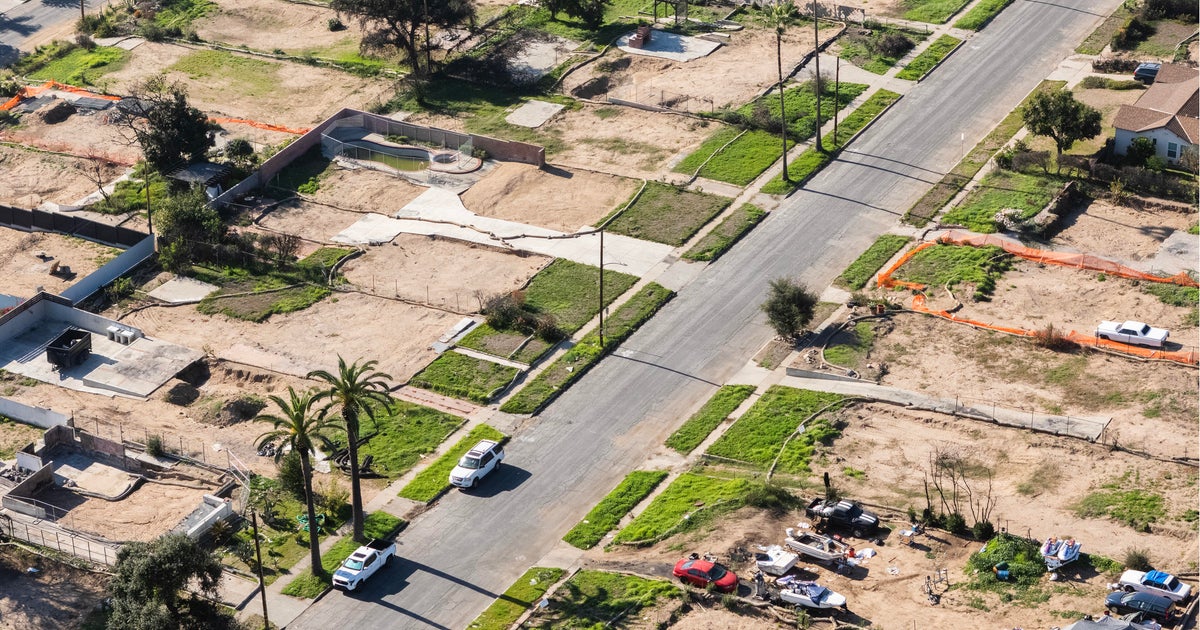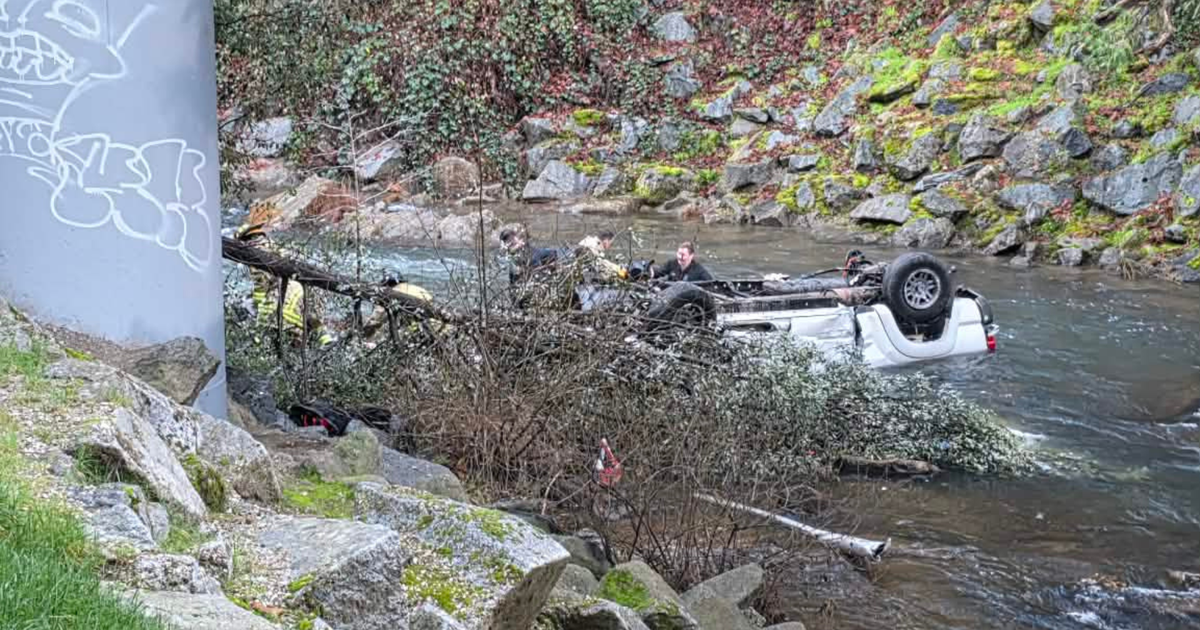PennDOT working on Route 202 in King of Prussia after "soft soil" caused dip in road
KING OF PRUSSIA, Pa. (CBS) -- PennDOT crews are once again working on a portion of Route 202 northbound in King of Prussia, which is causing a traffic headache for commuters.
PennDOT said Thursday it's not a sinkhole or pothole. Crews are blaming "soft soil" for the dip in the road.
Crews are working on Route 202 between Henderson Road and Saulin Boulevard in Upper Merion Township. PennDOT has the left lanes blocked so crews can make repairs.
Crews have been working since Thursday morning.
"It is frustrating when it happens," Simone Keyne said.
PennDOT suspected a sinkhole was causing a dip in the road, but now officials believe it was soft soil.
"We just kind of gotten used to it," Jeff Chapman said.
But sinkholes in the area remain a big concern for many. There have been two in the past year, including one in December 2023.
"It's scary. I'm afraid I'm going to drive over it and the earth is going to open up and I'm going to fall in. That's not a good feeling," Keyne said.
Both incidents shut down Route 202 near Henderson Road, and not only affected drivers but also businesses.
"It's kind of frustrating but they are doing their best to fix it every time," said Lisa Cristinzio, who's the assistant manager of Marian's Attic.
Rose-Ann Behr, a geologist with the Pennsylvania Geological Survey, says the rocks beneath Route 202 are limestone, which is susceptible to dissolution and making the road more prone to sinkholes.
"The material starts to move out whether it's heavy rainfall or a broken water storm sewer, or a broken main, those will flesh out some of those cavities and take away some support," Behr said.
PennDOT's Robyn Briggs says addressing the sinkhole issue is a big priority with a permanent fix scheduled for July.
"This permanent project, they're going to be able to scope out the whole area, get down there, get really deep down there, and see what other situations that they're finding," Briggs said.
The permanent project will be federally funded and cost around $20 million.

